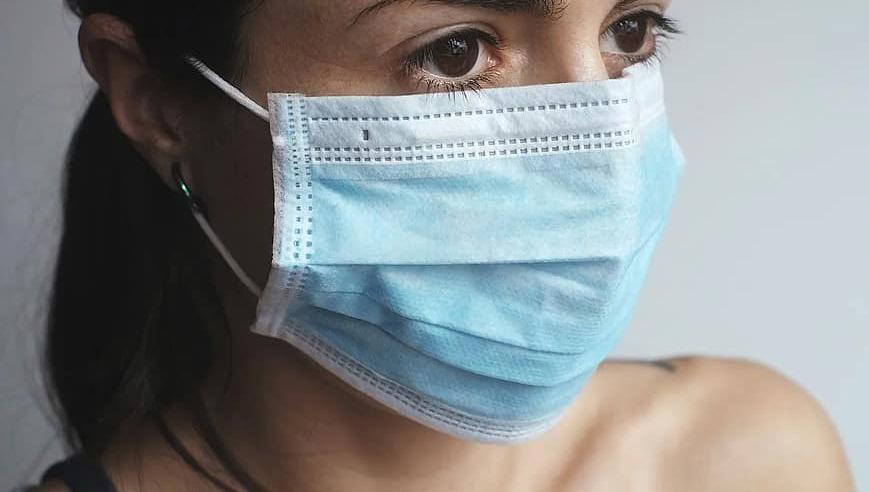
2 minute read
Face the Pandemic With a Mask
FACE THE
PANDEMIC
WITH A MASK We seem to receive new, and sometimes conflicting, information on the correct protective gear to wear to prevent the spread of the coronavirus. So, who should be wearing face masks? And when? And where?
BY SOPHIE CLIFTON-TUCKER
Information from the Centers for Disease Control and Prevention (CDC) and World Health Organisation (WHO) advise that if you are in a public space where social distancing is not possible, wear a mask. If you are in a crowded shop, on public transport, work in a crowded office, or have a customer-facing job, wear a mask. If you are over the age of 60 or have pre-existing medical conditions, wear a mask!
Face masks can reduce the spread of COVID-19 as they help to contain the droplets you emit when talking, coughing, and sneezing. The WHO says masks could provide "a barrier for potentially infectious droplets" where "physical distancing of at least one metre is not possible".
TYPES OF MASK
Surgical masks are a form of PPE (Personal Protective Equipment) that fit loosely over the nose and mouth. They will protect you from large droplets from coughs and sneezes, but do not protect against smaller airborne particles. The loose fit allows leakage around the edges. Researchers state that single-use masks are preferable, as they reduce the risk of self-contamination, but note that this is not always feasible – not to mention terrible for the environment.
Cloth face coverings, like surgical masks, fit loosely over your nose and mouth. They can and should be washed after each use; there’s no need to separate them from your usual wash, as the heat from your washing machine/dryer should effectively kill the virus on a warmhot wash. Alternatively, you can hand wash them with warm or hot water, scrubbing for 20 seconds.
Respirators such as the FFP2/3 and N95 form a seal around the nose and mouth. They offer the highest level of protection available. These are in critical supply and required by healthcare workers, and are therefore not recommended for public consumption.
In addition, remembering to wash your hands before you put your mask on, and after you take your mask off, is vital to avoid transmission of the virus.
IMPORTANT:
If you have any COVID-19 symptoms, please go home and call 111 for advice.











